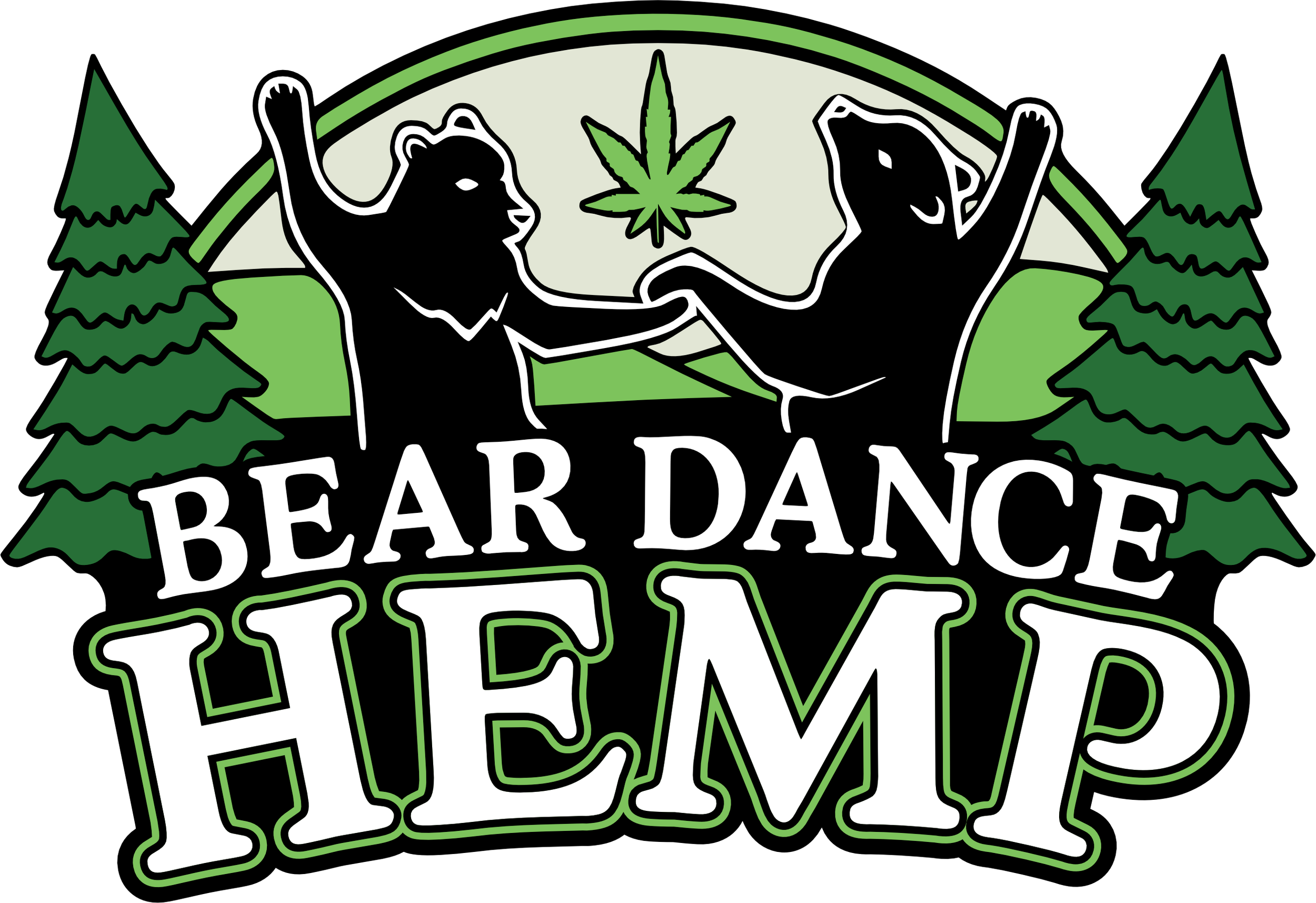Tips for choosing a CBD brand & red flags for dishonest companies
There are many companies – large and small – taking advantage of people who seek out CBD to treat a variety of symptoms.
Our carefully curated selection of hemp products at Bear Dance is a result of 2.5 years of vetting products to meet our own super-high personal standards for products we purchase for ourselves. I like to tell people: if we don’t like it, we don’t carry it!
Here’s a few of our tips and commonly used strategies for evaluating the reputability of a hemp brand – and avoiding the dishonest ones.
Basic Tips for Researching A CBD Brand
Look at their reviews
Be discerning – Make sure reviews can be verified by a legitimate Google profile, Facebook profile or similar. Reviews hosted on a business’ internal website without external links can be faked.
Look for their third party laboratory tests
Reputable hemp brands will have COAs readily available to be viewed somewhere on their website or via a link on their product labels.
Look for a local biz or Shop Small
There are already plenty of reasons to buy local. To name a few, supporting independent businesses helps support a strong, diverse local economy, it helps keep more money within your community, and promotes a unique and vibrant local culture. Independent businesses also have a better handle on quality control.
Some brands (even some small ones!) just flip inventories, buying whatever they can from wherever they can. Some will even claim “seed to shelf” when it’s a blatant lie. Look for brands that back up claims with authentic and unique insight into the specific choices they made about their business’ process.
When you buy local, you can often find yourself face-to-face with the person responsible for 100% of the decisions made about their products, and we find that makes it a lot easier to sort out the people who are doing this for the right reasons from the people that aren’t.
Red Flags for Dishonest CBD Companies
Those that try to get you to buy CBD and become a salesperson for CBD in one breath
That's probably an MLM.
Those that use mislabeling or vague labeling to increase profits.
Check the product labels. Every product should specify:
Total milligrams (mg) of CBD in the container and volume (mL) of the container
“<0.3% THC” & “2018 farm act compliant”, or something to that effect
A serving size or dose recommendation
An indication whether this is a full spectrum, broad spectrum or THC-free/isolate product
Recognizable ingredients:
A popular industry standard carrier oil is MCT, a.k.a. fractionated coconut oil, widely known to be one of the best carriers for delivery of CBD to the body.
You should probably see HEMP EXTRACT in the ingredients. If it doesn't say "hemp extract" and/or if the package doesn't specify the mg of CBD in the container, it may just be nutritional hemp seed oil, which does not actually contain any significant amounts of CBD concentrate. (Hemp oil without a concentration of CBD has nutritional properties but does NOT have any medicinal properties.)
Those who use The cannabis INDUSTRY’S learning curve to trick you into thinking that their products are exclusive or rare
They may assert their product is better for subjective reasons (i.e. "you get what you pay for"; our price is higher therefore our quality is better). This leads to a complimentary question:
Why is CBD so overpriced?
Fun fact! About couple years ago there was a massive drop in the price of hemp and hemp products due to the dust settling on an over-saturated market. Some companies never dropped their prices and they’re still charging $70+ for 1000mg of CBD. Meanwhile, our best quality local oils are currently priced at $40-50 for 1000mg. (Comparatively, the costs of Delta-8 are slightly lower but very similar.)
Those who are not able to answer detailed questions about their products
Ex.: "What solvent is used in the extraction process?" — This question is important because some solvents are considered below industry standard for cannabis.
The potential for toxicity from solvents is extremely low because products are tested for residual solvents, but the availability of the whole plant’s terpenes and essential oils is affected by the quality of the solvent. (Hint: CO2 Extraction is best.)
More examples: “Where was this grown?”, “Where / by whom was this processed?”
Those that stock products at gas stations
A lack of education is a sure-fire way to scare people away from the CBD industry.
When a customer's experience doesn't meet expectations (whether they felt too much or not enough of the effects), it negatively affects their perception of the plant.
Any company that's willing to put their products in the hands of stores not equipped to talk about the products is putting profit or patients — so they are probably not very discerning about their product quality either.
If you want your dollars to do the most, simply avoid gas station brands all together.
